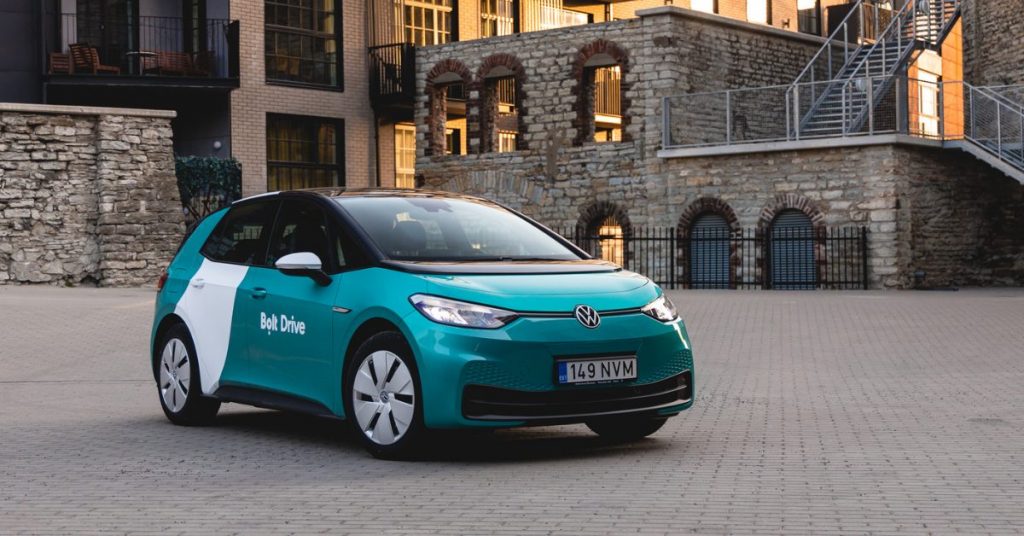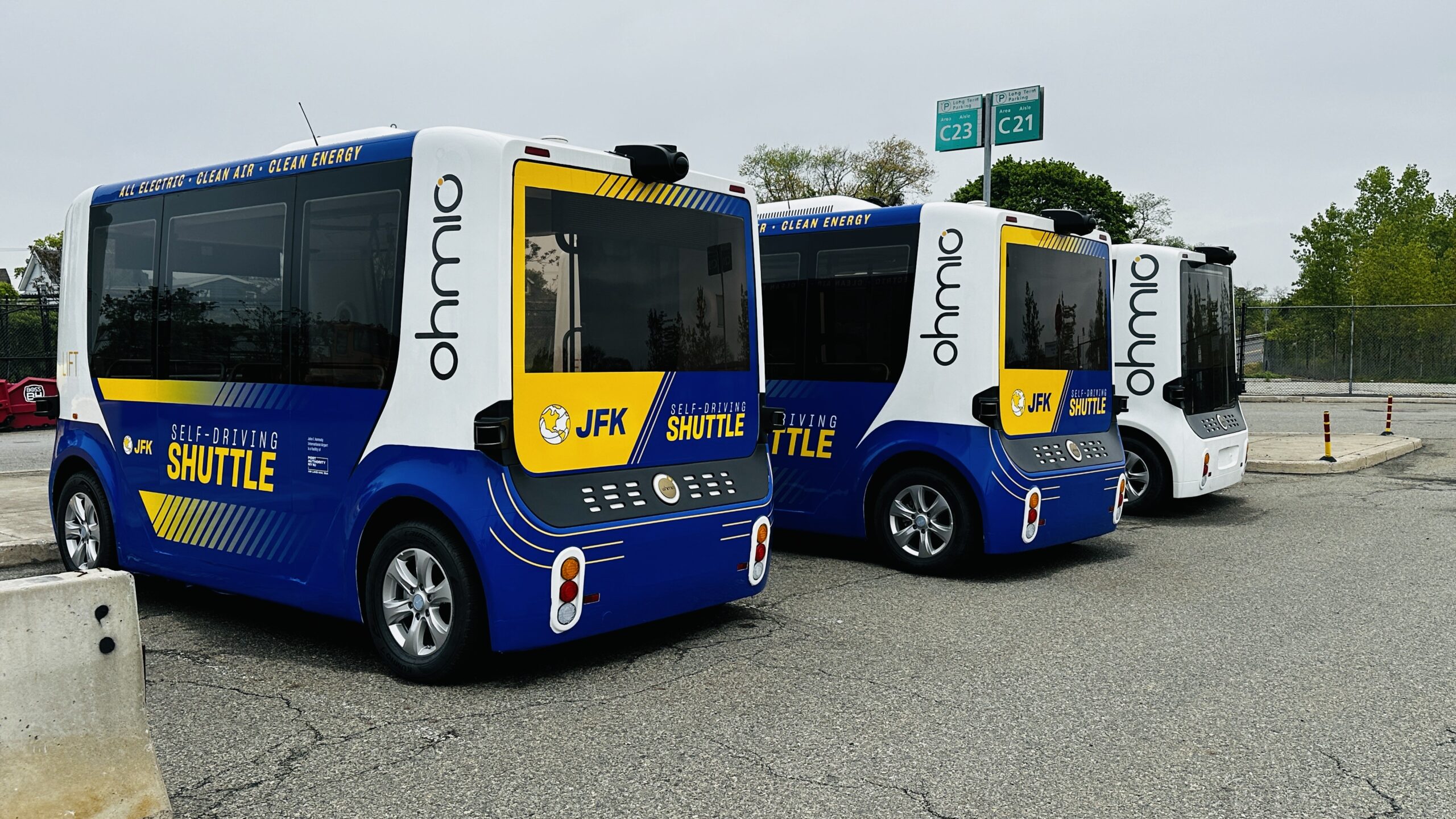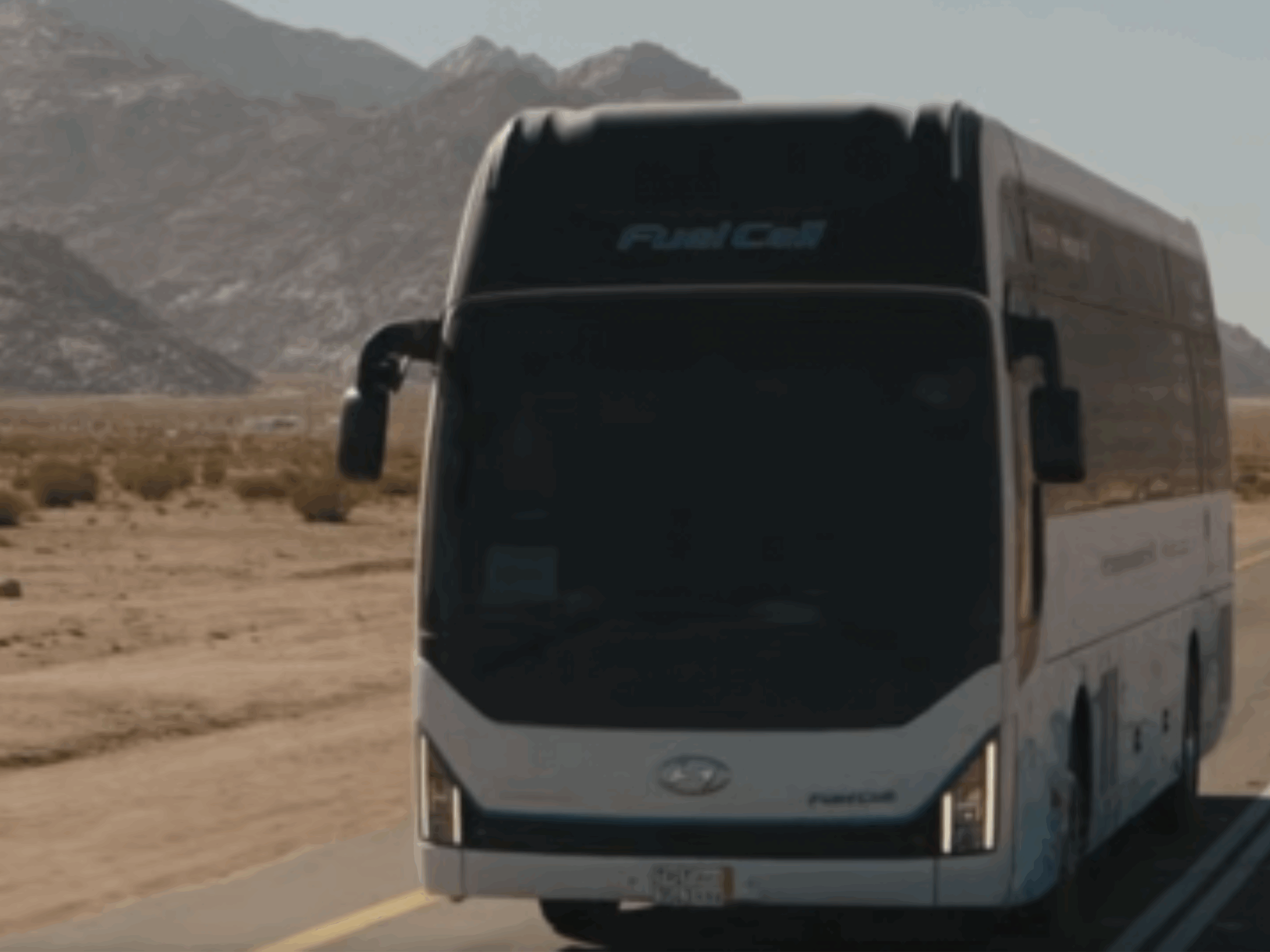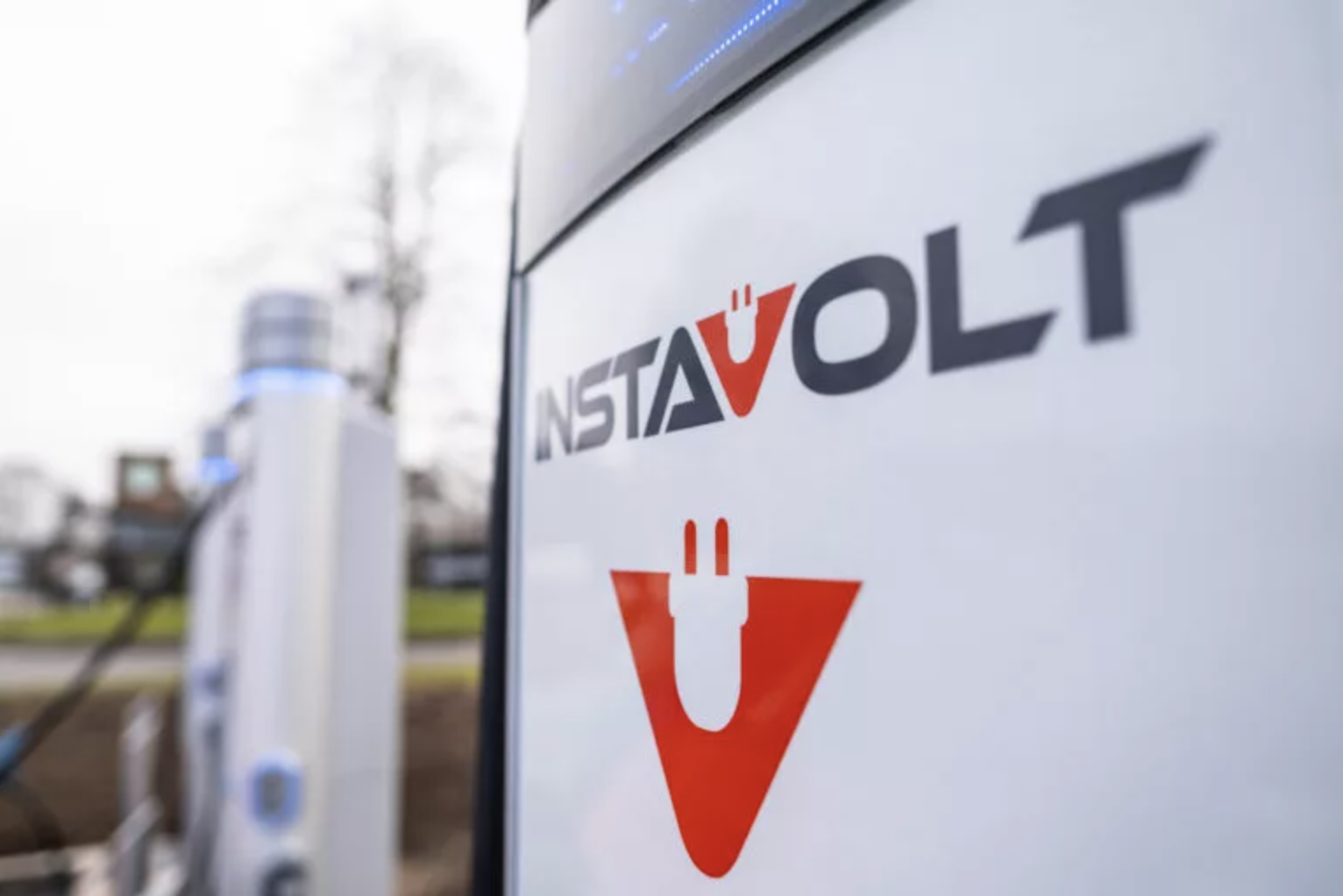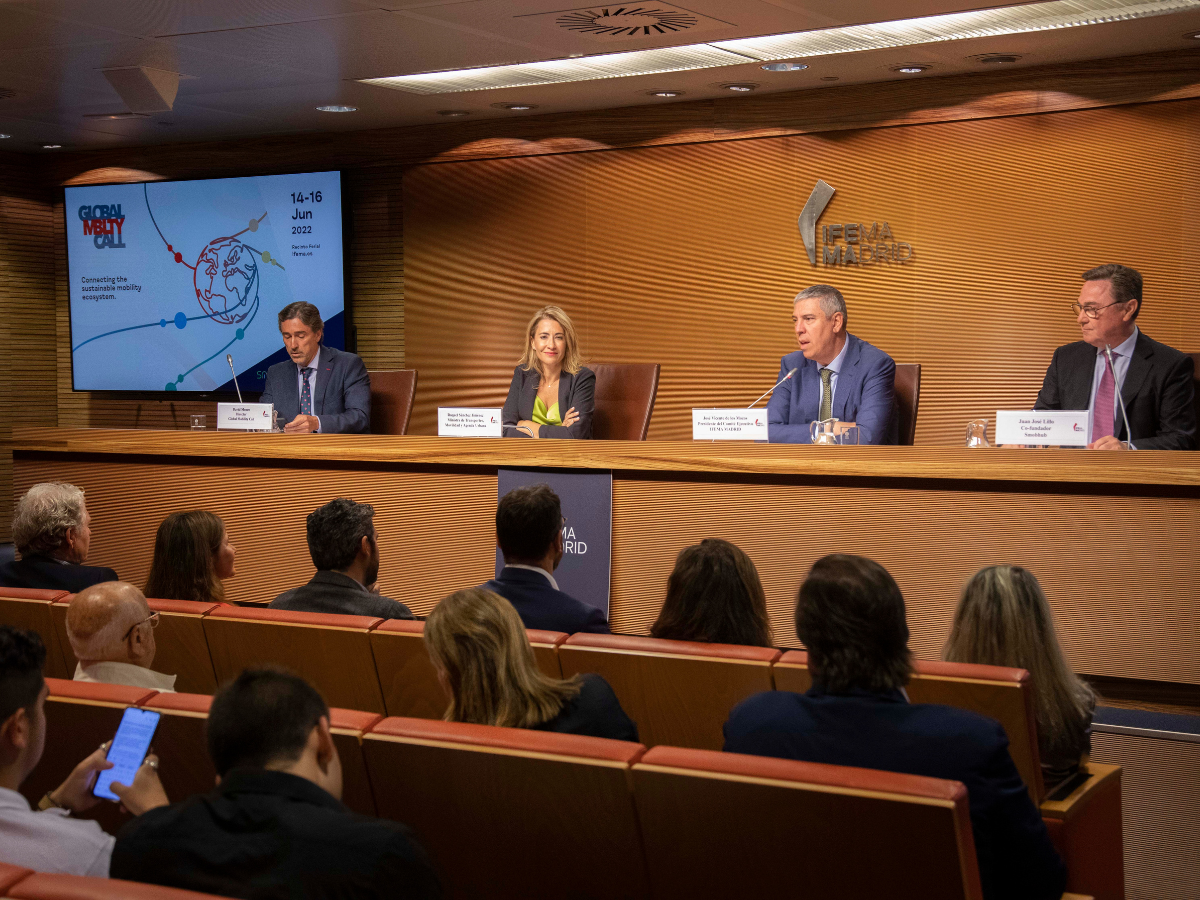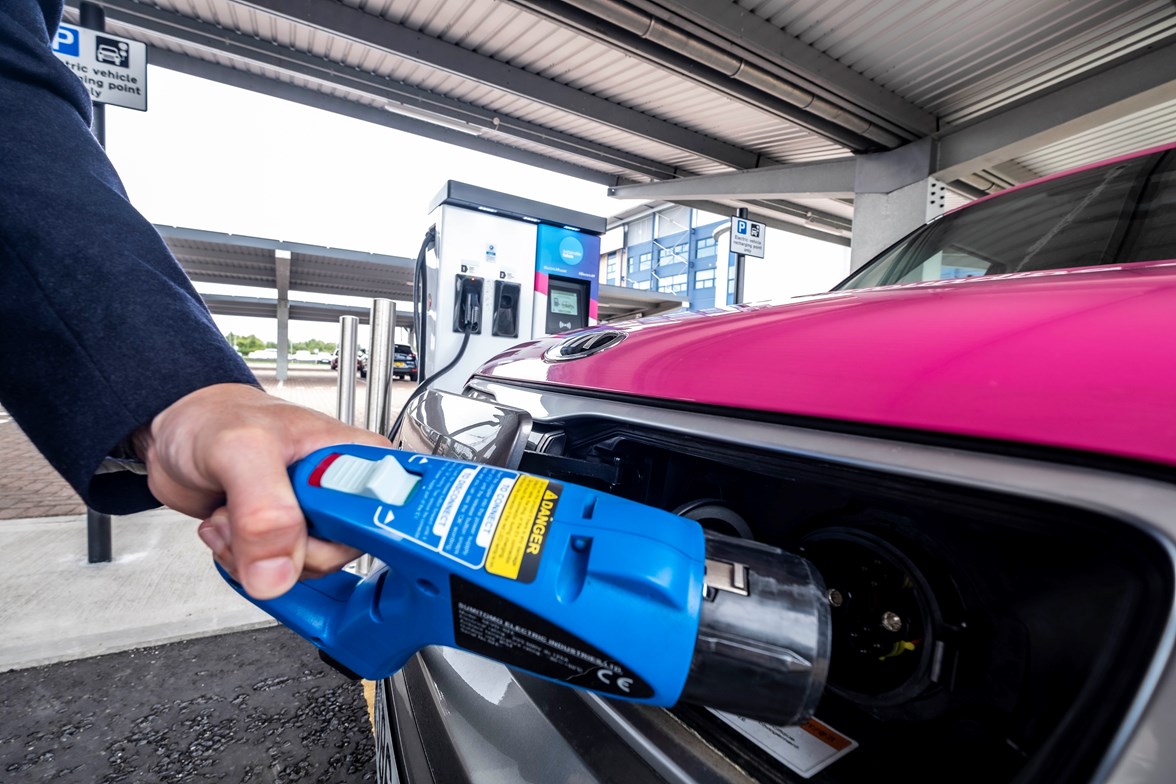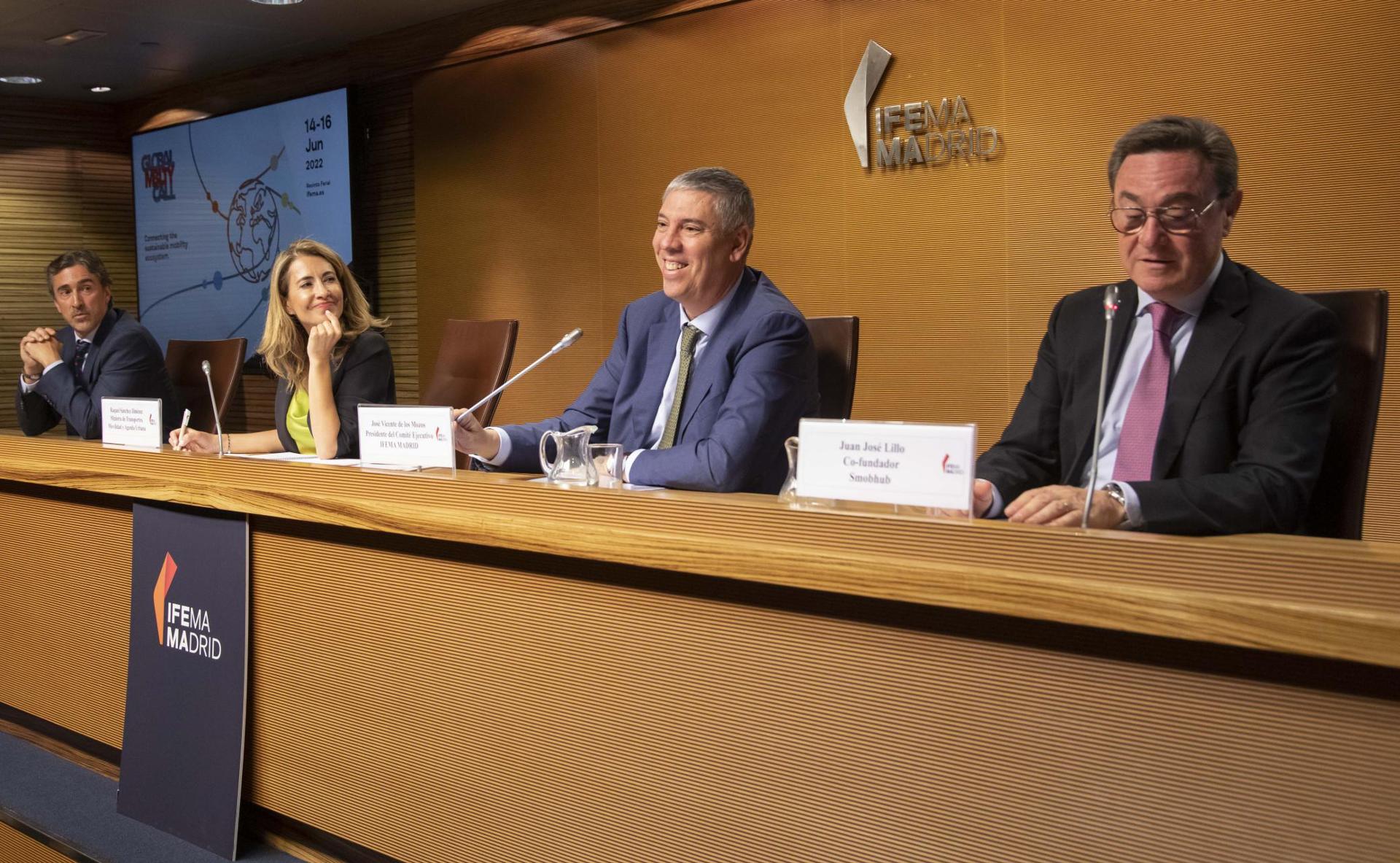At Global Mobility Call, which took place in Madrid from 14–16 June, Paul Álvarez Gentles, Madrid Regional Manager of Bolt, presented the potential of shared car clubs to replace private cars in European cites.
In a talk entitled “Contributing to a future with less car ownership and flexible urban mobility: a European perspective”, Álvarez Gentles stressed the need to transform cities to prioritise people, rather than cars.
Replacing private cars with car clubs would reduce road congestion and allow cities to reclaim space currently occupied by large car parks. For example, Bolt claims that 5,000 car club vehicles could replace 48,000 cars on UK roads, which would save the equivalent area of 50 football stadiums currently used to park cars.
Bolt are encouraging local authorities to take several key steps to facilitate this change:
- Parking for flexible car clubs – local authorities should offer a flexible car club permit
- Local plans to include clear objectives for car clubs – local authorities should develop more tangible plans to encourage car clubs
- Improve electric vehicle infrastructure – local authorities should facilitate fully electric car clubs by implementing charging infrastructure
- Promote car clubs alongside multi-modal travel – local authorities should work in partnership with operators to promote multimodality
If these changes were to be implemented, a recent Bolt study revealed that over 108,000 households in Cardiff, Edinburgh, Bristol, Greater Manchester and Glasgow would benefit from switching from a private car to a shared car club. Private cars tend to sit idle 95 percent of the time, but cost an average 3,500 GBP to 5,500 GBP per year.
Bolt are promoting the use of shared car clubs alongside multi-modality and mobility as a service (MaaS) applications to enable cities to operate efficient and sustainable transport networks that are not dominated by private cars.

